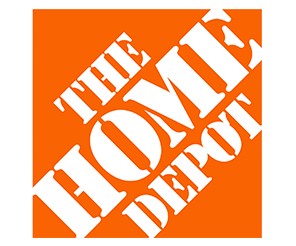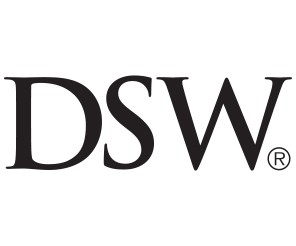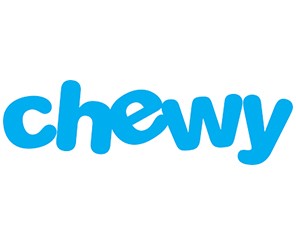US Markets Loading...
h
m
s
The 'peak boomer' crisis might only get worse
Many Americans headed toward retirement don't have the funds. It could contribute to the peak boomer crisis.
Personal CEO calls and $1 million pay packages: How tech companies recruit top AI talent amid a 'gold rush'
CEOs such as Mark Zuckerberg and Sam Altman are getting involved in AI recruiting as they compete for top talent.
2 states where home prices are falling because there are too many houses and not enough buyers
As the US bears a housing crunch, Florida and Texas have homes stagnating on the market after a pandemic-era construction boom.
Too busy for hush money? Trump debuts longshot 'multi-tasking' defense during testimony by longtime assistant Rhona Graff
Was Trump just too busy to knowingly sign a hush-money check? That's the defense floated Friday when longtime assistant Rhona Graff took the stand.
Video
New Episodes This Week
A couple that grew their portfolio by $4 million in 11 years explain how they invest their money, including the individual stocks they own
Before Carl and Mindy Jensen discovered the FIRE movement, they didn't know what index funds were. Now, it's a core part of their investing strategy.
A 63-year-old peak boomer is 'incredibly scared' Social Security won't be enough to cover her expenses in retirement: 'I'll probably need to work until I die'
After Diane Senffner, 63, lost her job during the pandemic, she depleted her savings and hasn't been able to find stable work since.
Critics are calling Luca Guadagnino's sexy tennis drama 'Challengers' the 'horniest movie of the year'
Luca Guadagnino's new film starring Zendaya centers on three tennis players caught in a love triangle. Here's what critics are saying about the movie.
3 red flags to look out for at a Korean barbecue restaurant, according to a top Korean chef
Chef Samuel Kim, who works for the Korean barbecue chain Baekjeong, shared his tips for getting the most authentic experience.





